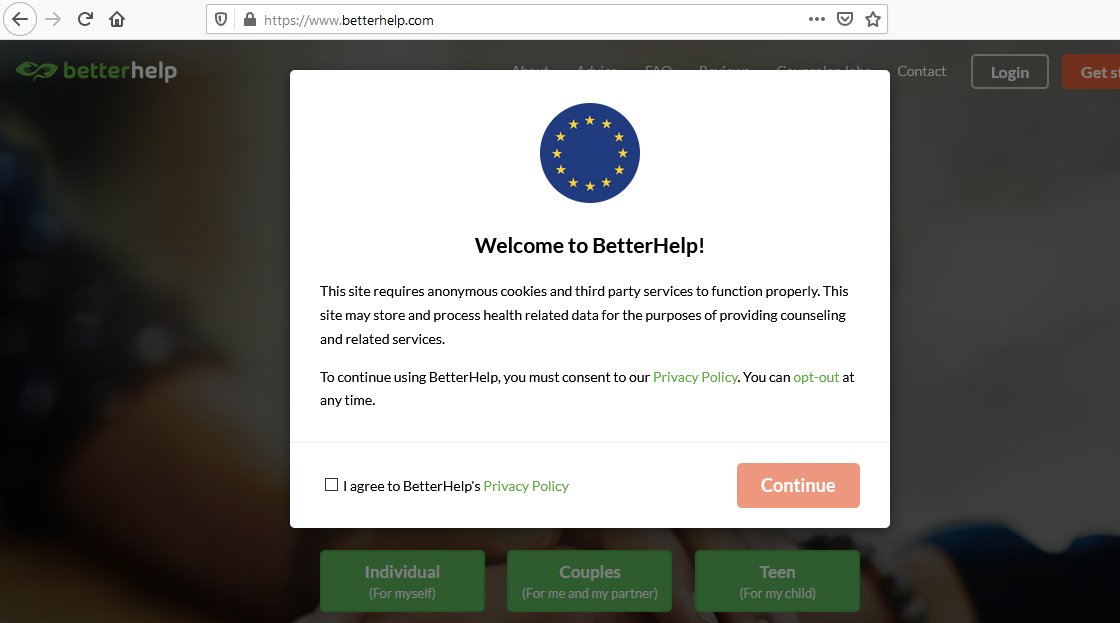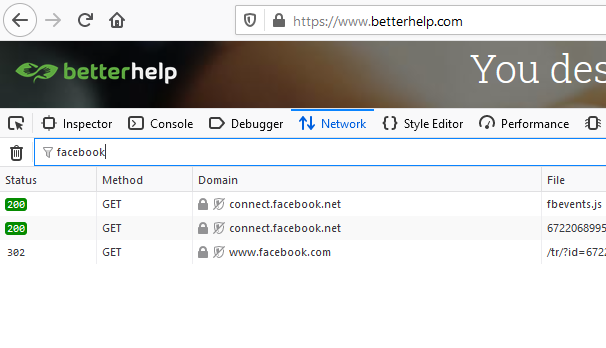
"Ring is the largest civilian surveillance network the US has ever seen"
"One in 10 US police departments can now access videos from millions of ... home security cameras without a warrant ... extending the reach of law enforcement into private property" theguardian.com/commentisfree/…
"One in 10 US police departments can now access videos from millions of ... home security cameras without a warrant ... extending the reach of law enforcement into private property" theguardian.com/commentisfree/…
"Because Ring cameras are owned by civilians, law enforcement are given a backdoor entry into private video recordings of people in residential and public space that would otherwise be protected"
"By partnering with Amazon, law enforcement circumvents these ... protections"
"By partnering with Amazon, law enforcement circumvents these ... protections"
"Ring blurs the line between police work and civilian surveillance and turns your neighbor’s home security system into an informant"
"...since Amazon bought Ring in 2018, it has brokered more than 1,800 partnerships with local law enforcement agencies" in the US.
"...since Amazon bought Ring in 2018, it has brokered more than 1,800 partnerships with local law enforcement agencies" in the US.
"An estimated 400,000 Ring devices were sold in December 2019 alone ... Amazon is cagey about how many Ring cameras are active at any one point in time"
vox.com/recode/2020/1/…
vox.com/recode/2020/1/…
IDC: "the worldwide video surveillance camera market will grow to $44bn by 2025, up from $23.6bn in 2019"
"consumer video surveillance cameras present 32% of the world total, largely as a result of the use of home security systems and mobile [car] cameras"
idc.com/getdoc.jsp?con…
"consumer video surveillance cameras present 32% of the world total, largely as a result of the use of home security systems and mobile [car] cameras"
idc.com/getdoc.jsp?con…
Next: "Amazon Sidewalk will create entire smart neighborhoods"
"Amazon Sidewalk doesn't require any new hardware ... Instead, it arrived as a free software update to the Echo speakers and Ring cameras people already have in their homes"
cnet.com/home/smart-hom…
"Amazon Sidewalk doesn't require any new hardware ... Instead, it arrived as a free software update to the Echo speakers and Ring cameras people already have in their homes"
cnet.com/home/smart-hom…
• • •
Missing some Tweet in this thread? You can try to
force a refresh









